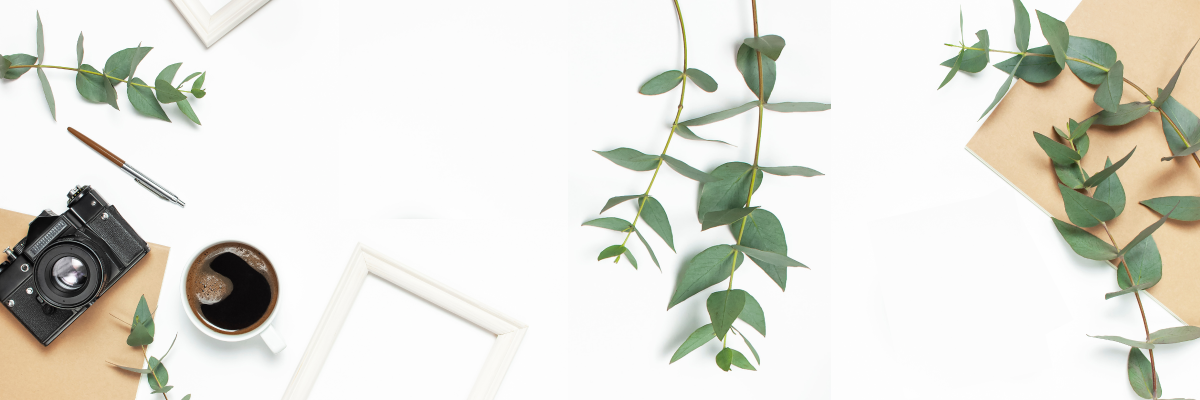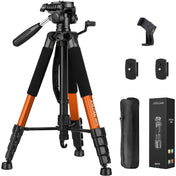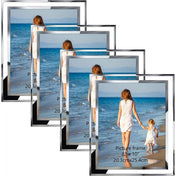Photography is more than just pointing and shooting; it’s an art form that requires skill, technique, and a touch of creativity. Whether you’re a complete novice or someone with a bit of experience behind the lens, taking a photography class can significantly enhance your skills and broaden your understanding of this fascinating medium. In this article, we will explore the numerous benefits of enrolling in a photography course and how it can transform your approach to capturing images. And for those using Canon cameras, we’ll touch on the impressive Canon drop-in filter mount adapter as a valuable learning tool.
Understanding the Fundamentals of Photography
One of the primary benefits of taking a photography class is the opportunity to learn the fundamental principles of photography. Many aspiring photographers jump straight into shooting without fully grasping essential concepts such as exposure, composition, and lighting. A structured class can cover these basics in a clear and concise manner, providing you with a solid foundation to build upon.
Exposure Triangle Explained
The exposure triangle consists of three main components: aperture, shutter speed, and ISO. A photography class will help you understand how these elements work together to create a properly exposed image. You'll also learn how to manipulate them to achieve creative effects.
Mastering Composition
Good composition can make or break a photograph. Classes typically cover composition rules, such as the rule of thirds, leading lines, and framing. Learning these techniques can dramatically improve the aesthetic quality of your photographs.
Hands-On Experience
The best way to learn photography is by doing. Most photography classes offer hands-on experiences where students can apply what they’ve learned. This practical approach facilitates a deeper understanding of the concepts and techniques taught in class. You may have opportunities to:
- Practice shooting in various settings—outdoors, indoors, and controlled environments.
- Work with different lighting conditions, allowing you to learn how to adapt your settings accordingly.
- Experiment with various camera gear, including lenses and accessories, such as the Canon drop-in filter mount adapter.
Feedback and Critique
Receiving constructive feedback from instructors and peers can be an invaluable aspect of photography classes. In a supportive environment, you can share your work and learn from others, gaining new perspectives on your photography style. Here’s why feedback is crucial:
Identify Strengths and Weaknesses
Critiques will help you pinpoint areas in which you excel and those that need improvement. Understanding your strengths can boost confidence, while identifying weaknesses provides a roadmap for growth.
Learn Different Perspectives
Every photographer has a unique style and approach to capturing images. By engaging with fellow students and instructors, you can learn alternative techniques and perspectives that you may not have considered, enhancing your own photography journey.
Networking Opportunities
Photography classes attract individuals who share a passion for photography, making them an excellent opportunity for networking. Developing connections with fellow classmates can not only provide support but can also lead to potential collaborations in the future. Here’s how networking can benefit you:
- Collaborative Projects: Joining forces with like-minded individuals can lead to exciting joint ventures in photography.
- Local Photography Events: Your peers may introduce you to local photography exhibitions, meet-ups, or workshops, expanding your horizons.
- Mentorship: Experienced photographers in your class might become mentors, sharing invaluable insights and guidance.
Increased Motivation and Discipline
Enrolling in a photography class keeps you accountable. It can be easy to let your photography skills stagnate without regular practice or guidance. Classes typically have assignments and deadlines that encourage you to take your camera out more often, fostering a routine of exploration and creativity.
Structure and Accountability
With a schedule to adhere to, you’ll find yourself more disciplined in your approach to photography. Knowing you have assignments due and discussions to engage in creates a sense of urgency to improve and get creative.
Pursue Passion Projects
Classes often encourage students to explore personal projects or themes they’re passionate about. Engaging in these projects allows you to experiment and refine your unique style without judgment, furthering your artistic expression.
Exploring New Techniques and Styles
Photography encompasses various styles and techniques, from portraits and landscapes to street photography and macro shots. A good photography class will expose you to diverse methods and inspire you to step out of your comfort zone. You may discover:
- New types of photography that ignite your passion.
- Techniques to enhance your existing style or challenge you to develop another.
- The importance of technical gear, like the Canon drop-in filter mount adapter, for specialized photography styles.
Experimenting with Advanced Techniques
As you progress in your class, you may have the chance to explore advanced techniques such as long exposures, high dynamic range (HDR) imaging, and off-camera flash photography. Gaining familiarity with these advanced methods will certainly take your photography to the next level.
Building a Portfolio
A photography class not only enhances your skills but also helps you to build a strong portfolio. A well-curated portfolio showcases your best work and highlights your skills to prospective clients or employers. Some benefits of working on your portfolio during a class include:
- Access to guidance on selecting the strongest images.
- Feedback on your artistic direction and style.
- A platform to showcase your growth over time.
Confidence Boost
Finally, taking a photography class can greatly boost your confidence. From mastering technical skills to receiving positive feedback on your work, the growth you experience can make you more self-assured in your photographic endeavors. Here’s how it can positively impact your confidence:
Overcoming Fears
Many aspiring photographers struggle with self-doubt and fear of failure. A supportive photography class nurtures an environment where you can face those fears and take creative risks, leading to personal growth in more ways than one.
Showcasing Your Work
Presenting your photographs in front of others can be daunting, but it can also be empowering. Photography classes often include opportunities to showcase your work through exhibitions or critiques, bolstering your self-esteem and encouraging further exploration of your art.
Final Thoughts on Diving into Photography
Enrolling in a photography class can unlock countless opportunities for growth, creativity, and connection with like-minded individuals. From understanding fundamental principles and receiving constructive feedback to building a solid portfolio and enhancing your confidence, the benefits are, quite frankly, endless. So, whether you're ready to dive into the world of photography or looking to sharpen your skills, taking that leap can be your ticket to capturing stunning images that truly express your vision. Remember, with the right tools, like the Canon drop-in filter mount adapter, and the right learning environment, the possibilities are vast. Get ready to unleash your creativity and transform your photographic journey!











